Oburu Oginga: The Heir Who Inherited a Legacy and a Burden
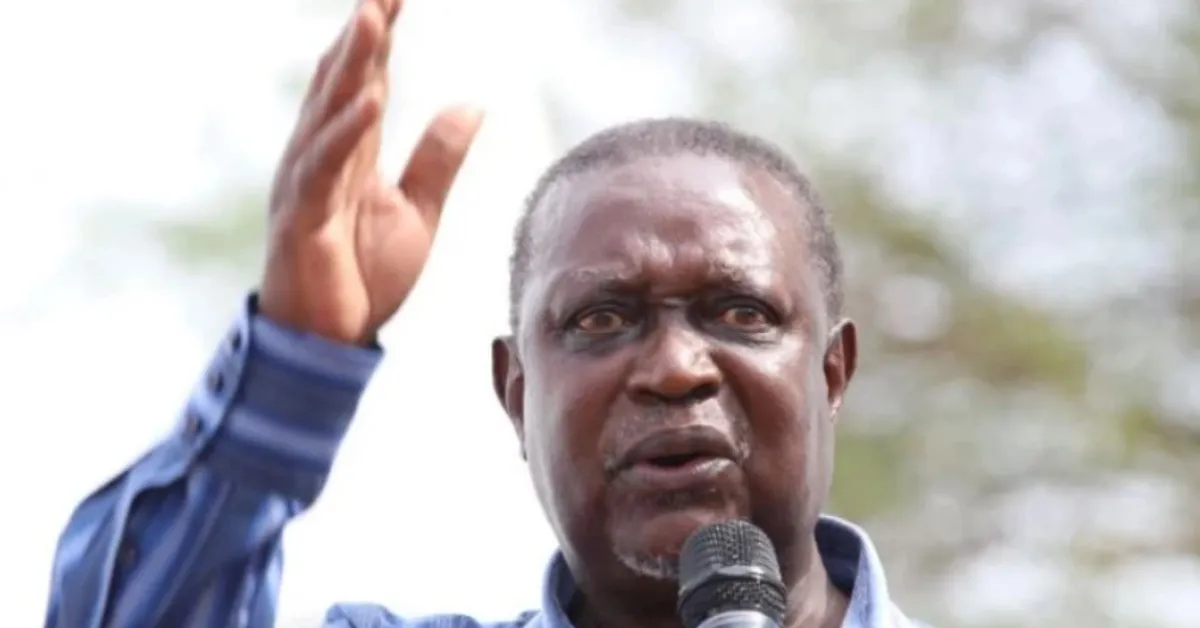
Senator Oburu Oginga took centre stage at his brother Raila Odinga’s funeral in October 2025, marking a quiet but decisive transfer of leadership within one of Kenya’s most influential political families.
A Legacy Shaped by Vision and Vigilance
Oburu’s political path was defined early by his father, Jaramogi Oginga Odinga, Kenya’s first Vice-President and a key figure in the independence movement. Declassified British intelligence records show that as early as 1961, Jaramogi viewed his eldest son as the natural successor to his political ideals.
Seeking to provide him with a global education, he attempted to enrol the young Oburu at the London Academy in Chelsea after Alliance High School declined his application. Letters intercepted by British intelligence reveal Jaramogi’s determination: he sent a £5 postal order with an application form that described his son’s denomination as “African Anglican Church.”
The correspondence portrayed a father intent on shaping a successor with both intellectual discipline and international exposure. That plan changed with time. Instead of London, Oburu’s education took him to Moscow via Cairo under a Soviet scholarship programme for African students. During the Cold War, as the Odinga family was viewed by Western powers as aligned with the Eastern bloc, British intelligence closely monitored their movements and contacts.
Moscow, Beijing and the Formation of a Political Mind
In the early 1960s, the 20-year-old Oburu attracted interest from Western diplomats. Records show that in 1964, while visiting China as a student, he met Britain’s chargé d’affaires in Beijing, T. J. B. George. The diplomat later described him as “decent but impressionable,” impressed by socialist ideas but still developing his political understanding.
During their conversation, Oburu spoke in support of the Soviet model and argued that land nationalisation was essential to addressing Kenya’s unequal land ownership. The diplomat concluded that the young student “may well one day be a man of some consequence in Kenya.”
Oburu completed his studies in the Soviet Union, earning a PhD in economics from the People’s Friendship University, an institution established to train emerging leaders from developing nations.
From Public Service to Political Office
Returning to Kenya in the early 1970s, Oburu joined public service as an economist after a brief stint as a councillor in Kisumu in 1974. Despite his technical background, his political instincts, shaped during his years abroad, remained strong.
He re-entered active politics in 1994 following the death of his father, winning the Bondo parliamentary seat and reviving the Odinga family’s presence in elective politics. From then on, Oburu often worked alongside his younger brother Raila, whose charisma and national influence made him a dominant figure in opposition politics.
Political insiders have long noted that Raila rarely made major decisions without Oburu’s input. Their partnership, described by many as one of strategist and leader, kept the Odinga name central to Kenya’s political scene for more than three decades.
Leading a New Chapter
With Raila’s passing, Oburu now stands at the centre of Luo Nyanza’s political transition. As a senior figure in the Orange Democratic Movement (ODM), he faces the challenge of balancing the expectations of supporters with the ambitions of younger leaders seeking space within the movement.
Observers say his authority, based on experience and family legacy rather than mass appeal, could provide stability during a period of uncertainty. Yet it also raises a familiar question: whether the Odinga political dynasty can endure beyond the generation that built it.

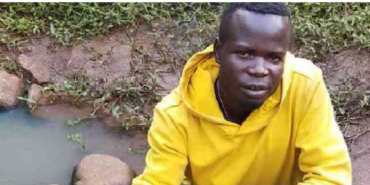
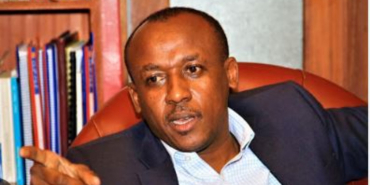
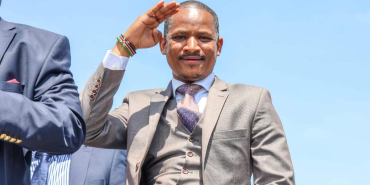
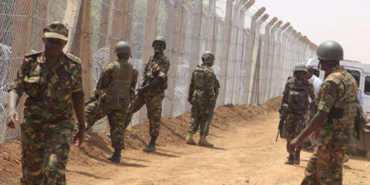
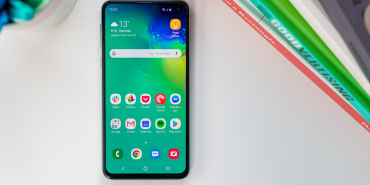
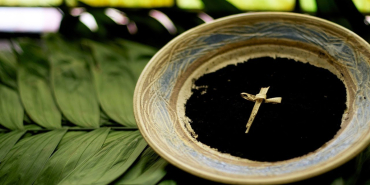
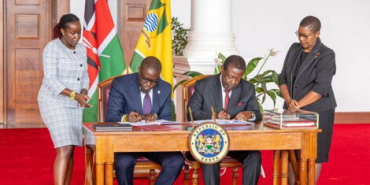
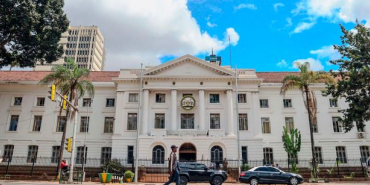
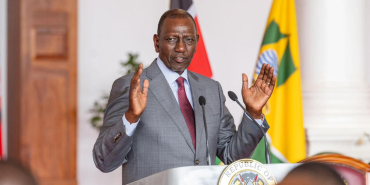
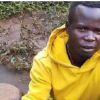
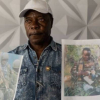
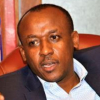
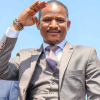
Add new comment